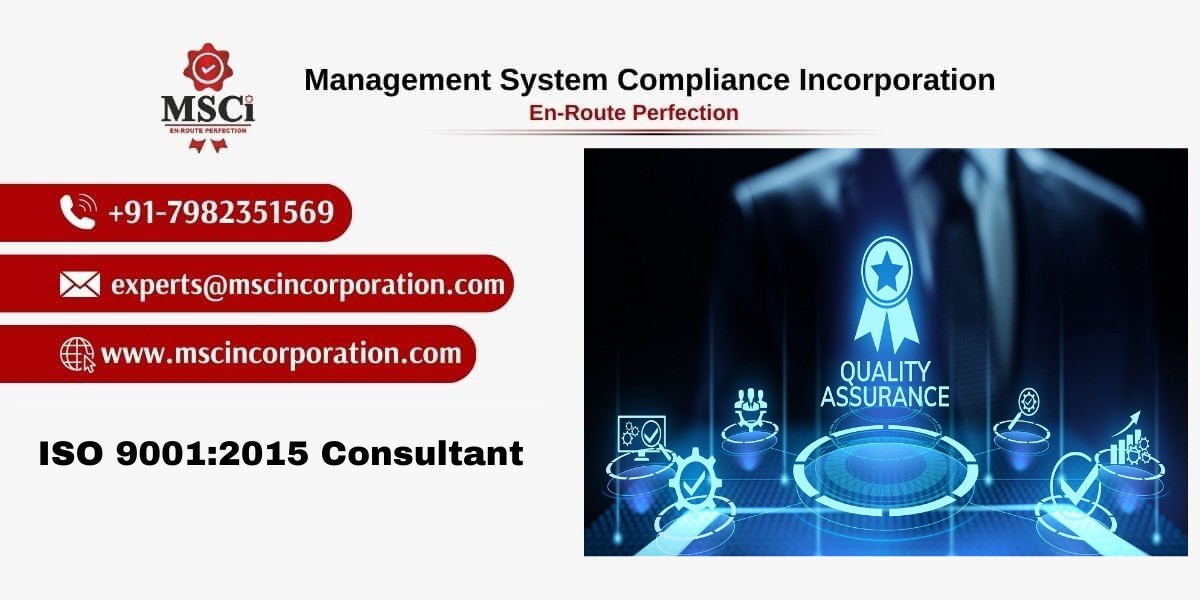Hiring an ISO 9001 consultant can be beneficial depending on your organization's needs, resources, and goals. Here are some factors to consider:
Benefits of Hiring an ISO 9001 Consultant:
- Expertise and Experience: A consultant brings specialized knowledge of the ISO 9001 standard and its application across industries. This can help streamline the process of implementing or improving a quality management system (QMS).
- Time Savings: Consultants can expedite the certification process by providing a clear roadmap and avoiding common pitfalls. This can reduce the time to achieve ISO certification.
- Tailored Solutions: A consultant can offer personalized guidance based on your business processes, ensuring that the QMS aligns with your specific needs rather than being a one-size-fits-all approach.
- Training and Knowledge Transfer: Consultants often provide training to internal staff, helping to build long-term capabilities within the organization.
- Objective Assessment: An external consultant can offer an unbiased perspective on your company’s processes, helping identify areas for improvement that internal teams might overlook.
- Cost-Effectiveness: While there is an upfront cost to hiring a consultant, the long-term benefits of avoiding mistakes and streamlining operations can lead to significant cost savings.
Situations When Hiring Might Be Ideal:
- Limited In-House Expertise: The best ISO consultant is essential if your company lacks internal knowledge of ISO 9001.
- Tight Deadlines: A consultant can speed up the implementation process, helping you meet urgent deadlines.
- Large or Complex Organizations: Companies with complicated structures or multiple departments may need a consultant to manage the complexity of aligning processes across the organization.
When You May Not Need a Consultant:
- Existing Internal Expertise: If your organization has staff familiar with ISO 9001 who can lead the process, you may not need external help.
- Budget Constraints: Hiring a consultant can be expensive, so if cost is a concern and you have time to dedicate to learning and implementation, you might opt to handle it internally.
In conclusion, if your organization is new to ISO 9001, or if time and efficiency are critical, hiring a consultant could be a wise investment. However, if you have internal expertise and can manage the process on your own, you might save costs by handling it internally.








